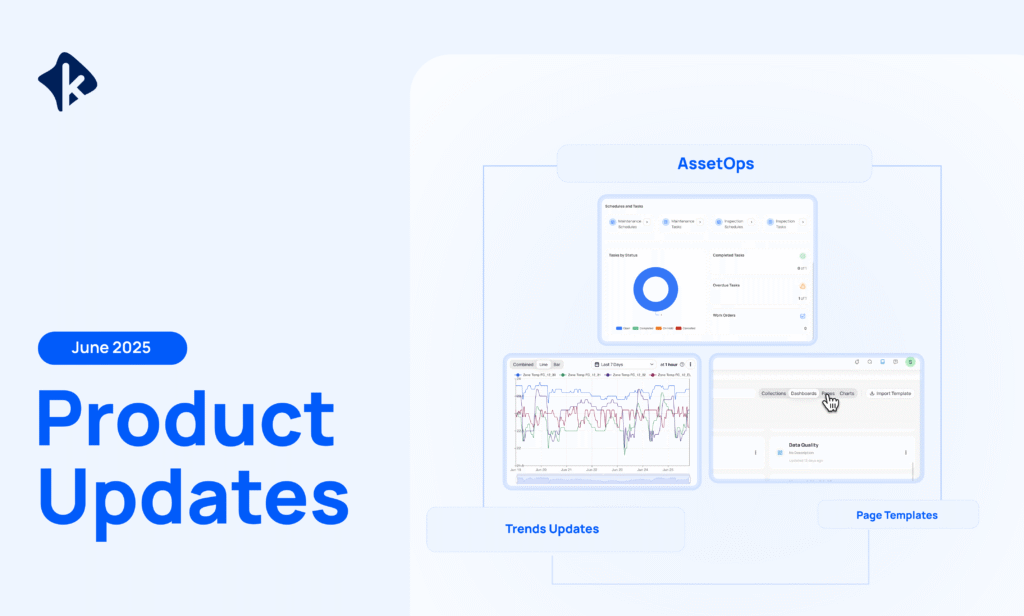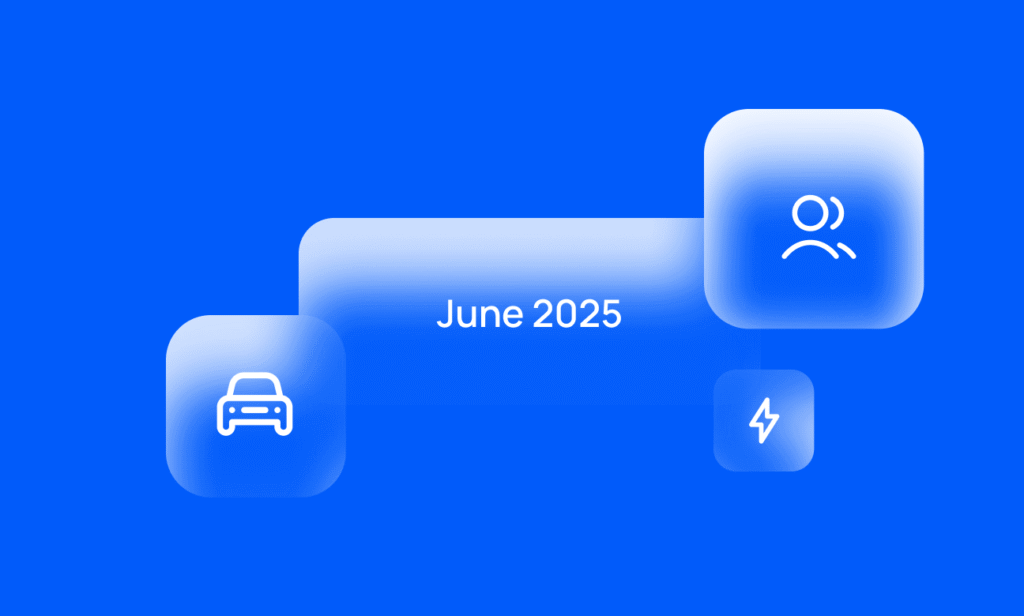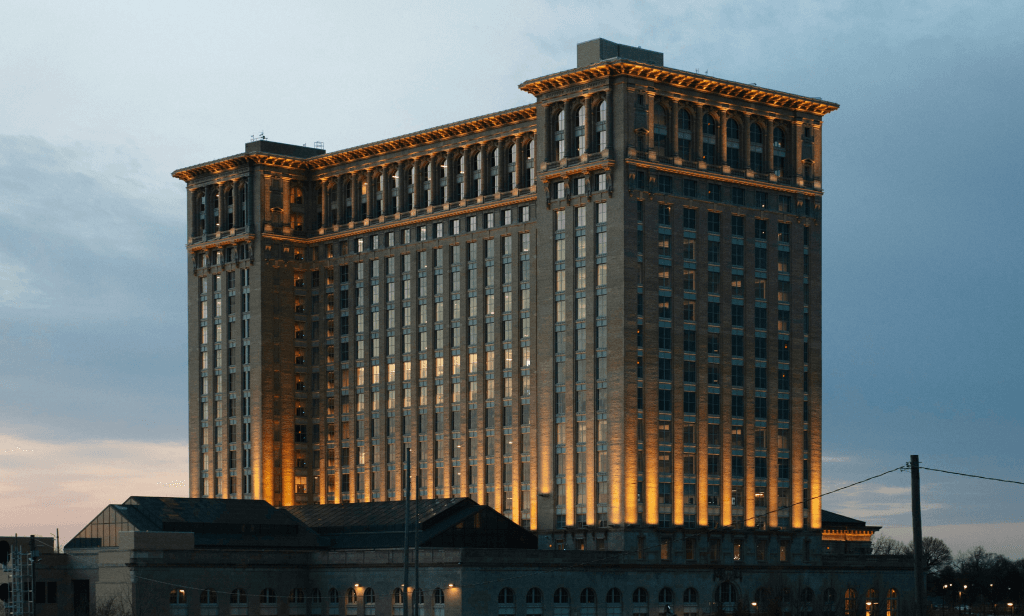By Tom Peters
On this page
Sign up to our newsletter
Subscribe to receive the latest blog posts to your inbox every week.
By subscribing you agree to with our Privacy Policy.
The built environment accounts for nearly 40% of global energy related carbon emissions, but beyond its environmental impact, inefficiencies in building operations result in significant financial waste. Many organizations focus on sustainability, but the real value of commissioning lies in its ability to drive cost savings and operational efficiency.
Commissioning is not just about cutting carbon emissions, it’s a proven strategy for lowering operational expenditures (OpEx) by reducing energy consumption, extending equipment lifespan, and minimizing reactive maintenance costs. Buildings that undergo continuous commissioning benefit from fewer breakdowns, optimized system performance, and reduce long-term expenses, leading to a fast return on investment (ROI).
Despite these financial advantages, many building owners and operators still view commissioning as a one time process rather than an ongoing strategy for efficiency and cost savings.
In this article, we’ll explore how commissioning not only drives sustainability but also makes strong financial sense, why ongoing commissioning is key to long term costs efficiency, and how smart building operating systems like KODE OS enhances commissioning to help organizations cut operational expenditures related to energy and maintenance while maintaining high-performance building operations.
What is commissioning?
In simple terms, commissioning is the process of ensuring that a building’s systems function efficiently according to design intent and operational needs. It involves testing, adjusting, and optimizing mechanical, electrical, and control systems to enhance performance.
There are three main types of commissioning:
- Initial commissioning: Conducted during a building’s construction phase to verify proper installation and performance of equipment.
- Retro-commissioning: Applied to existing buildings to identify inefficiencies and improve operations. This is often performed by an outside vendor on a pre-determined cadence (i.e. annually).
- Ongoing commissioning: A continuous process of monitoring, testing, and refining building systems and devices to maintain peak efficiency. This is scheduled through a cloud-based solution like KODE OS’ Digital Commissioning.
While initial commissioning is critical, ongoing commissioning is where long-term sustainability and financial benefits truly materialize.
How commissioning supports sustainability goals and OpEx reduction
As we’ve already established, commissioning plays a direct role in reducing energy consumption, carbon footprint, and operational waste. However, it also offers a significant return on investment by lowering energy and maintenance costs, making sustainability a financially viable strategy. Here’s how:
Energy efficiency, carbon reduction and cost savings
A commissioned building operates with greater energy efficiency, which translates into lower emissions. Studies by the Department of Energy (DOE) show that proper commissioning can reduce energy use by 10-20% in new buildings and up to 30% in existing buildings.
Ongoing commissioning ensures that these savings persist, preventing drift in performance over time. This directly impacts OpEx by lowering utility bills and avoiding unnecessary energy waste.
Extending equipment lifespan & reducing maintenance costs
Well-commissioned buildings operate efficiently, minimizing unnecessary energy consumption caused by system inefficiencies and preventing premature equipment wear. When HVAC systems, lighting, and other building components function as intended, they use only the necessary energy, reducing excess stain on equipment.
This not only reduces replacement costs but also lowers maintenance expenditures by preventing unexpected failures and reducing the frequency of service calls. By optimizing system performance, organizations can cut annual maintenance costs by up to 20%, adding another financial incentive to commissioning.
Improving Indoor Environmental Quality (IEQ)
Sustainability is not just about energy savings; it also encompasses occupant well-being and productivity. Commissioning ensures that HVAC systems operate correctly, leading to better air quality, thermal comfort, and ventilation rates—all of which contribute to a healthier indoor environment. This is particularly important in high-performance, sustainable buildings aiming for certifications such as LEED, WELL, and BREEAM.
Compliance with ESG, sustainability regulations & cost avoidance
With growing regulatory frameworks around carbon reporting, energy benchmarking, and ESG compliance, commissioning provides the necessary data and insights to support accurate reporting. It helps organizations meet energy codes and other sustainability requirements while demonstrating a clear commitment to environmental responsibility.
Failure to comply with energy efficiency regulations can lead to hefty fines and penalties. By investing in ongoing commissioning, organizations can avoid regulatory costs while positioning themselves amongst industry leaders in sustainability.
The role of KODE OS in Digital Commissioning
While traditional commissioning is labor-intensive and reactive, KODE OS transforms the process through automation, data analytics, and AI-driven insights. Here’s how:
Functional Testing Tool (FTT): Automates the process of verifying and validating system performance, identifying potential issues early and ensuring peak performance.
Fault Detection & Diagnostics (FDD): Continuously monitors building systems to detect inefficiencies, providing real-time alerts to prevent energy waste and reduce maintenance costs.
Data-Driven Ongoing Commissioning: KODE OS normalizes data from various building systems, enabling facility teams to track performance trends and make proactive adjustments, further lowering OpEx.
Portfolio-Level Insights: For multi-site organizations, KODE OS offers a unified view of commissioning data, helping standardize performance across different buildings.
By integrating digital commissioning into a building ecosystem, KODE OS ensures that sustainability goals are not just set but actively maintained and improved, while simultaneously delivering measurable cost savings.
Digital commissioning for lasting cost savings and sustainability
Commissioning is a cornerstone of operational efficiency and cost reduction, without it, energy efficiency measures can degrade, equipment can underperform, and set targets can fall short. Moving beyond one time commissioning to a continuous, automated, data driven approach ensures that buildings remain optimized for long-term cost, lower maintenance expenses, and reduced operational risk.
With smart building operating systems like KODE OS, organizations have taken commissioning to the next level, maximizing cost savings, driving financial ROI, and ensuring efficiency improvements align with their sustainability goals.
Are you leveraging commissioning to its full potential? If not, maybe it’s time to rethink how it’s done.
To learn more about the possible impact of digital commissioning in your portfolio, book a demo with our team and see KODE OS in action.




